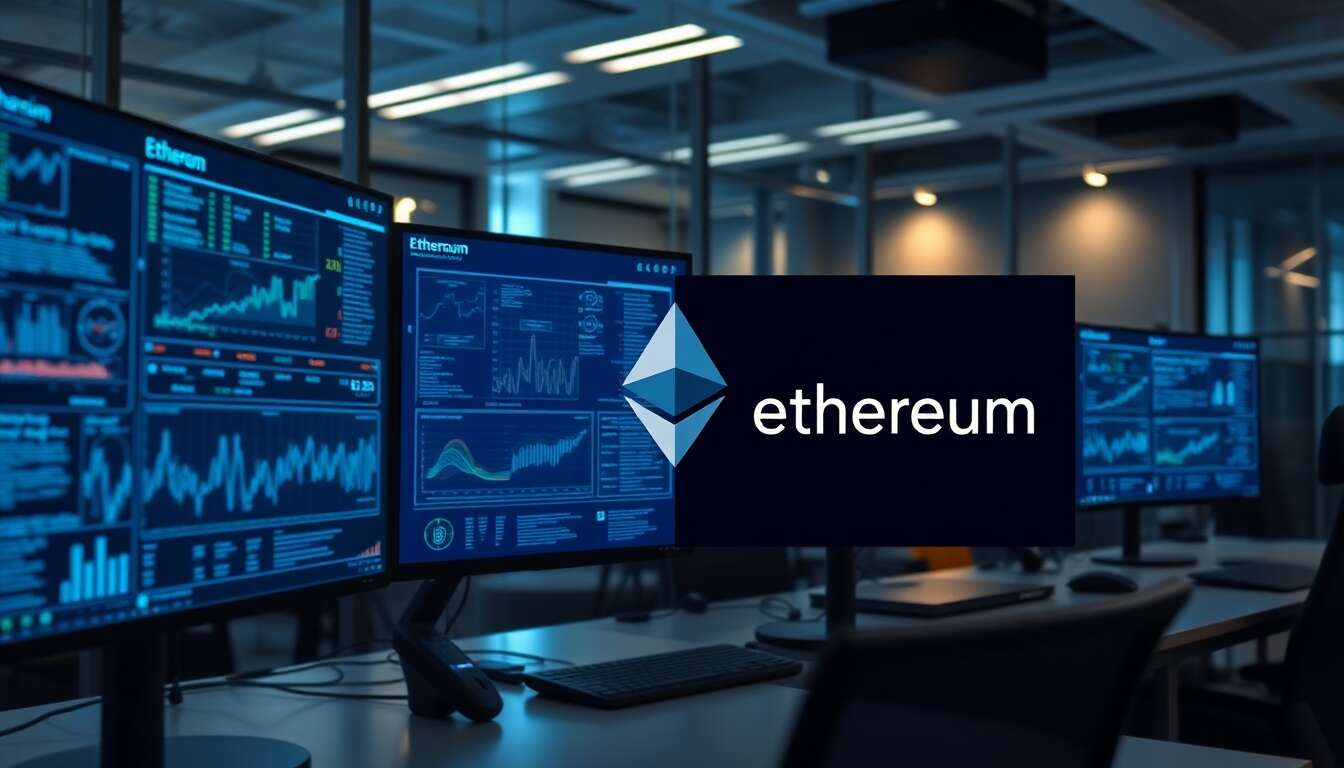In the ever-evolving landscape of blockchain technology, choosing the right platform for your project is crucial. With numerous options available, understanding the fundamentals and selection criteria can guide you in making an informed decision. This article delves into the top five open-source blockchain platforms, each offering unique features and capabilities.
Understanding the fundamentals of blockchain platforms
The essence of blockchain technology
Blockchain technology is a decentralized ledger system that records transactions across multiple computers. This ensures that the recorded data is secure and immutable. The core components include distributed networks, consensus algorithms, and smart contracts. These elements work together to provide security, transparency, and efficiency.
Types of blockchain platforms
There are primarily three types of blockchain platforms: public, private, and consortium. Public blockchains are open to everyone, allowing anyone to participate and validate transactions. Private blockchains are restricted to specific organizations, offering more control but less transparency. Consortium blockchains are semi-decentralized, controlled by a group of organizations, and strike a balance between public and private models.
The understanding of these fundamentals sets the stage for evaluating the best open-source platforms.
Selection criteria for choosing the best open source platform
Key factors to consider
Selecting the right open-source blockchain platform involves evaluating several critical factors:
- Scalability: The platform’s ability to handle an increasing amount of transactions.
- Security: Robust security measures to protect against attacks and ensure data integrity.
- Flexibility: The ability to customize and adapt to specific project requirements.
- Community support: A strong community presence that contributes to continuous improvement and problem-solving.
- Cost: Understanding the financial implications of deploying and maintaining the platform.
These criteria help in narrowing down the choices to the platforms that best fit your project needs.
Ethereum: the benchmark of open source platforms

Pioneering smart contracts and dApps
Ethereum is renowned for introducing smart contracts and decentralized applications (dApps). The platform’s transition from Proof of Work to Proof of Stake enhanced its efficiency and reduced energy consumption. The Ethereum Virtual Machine (EVM) provides a secure environment for executing smart contracts.
Community and ecosystem
Ethereum boasts a vast community of developers and users. Its ecosystem includes numerous decentralized applications, tokens, and projects. This widespread adoption and support make Ethereum a reliable choice for blockchain development.
Ethereum’s pioneering role in the blockchain space positions it as a reference point for other platforms.
Hyperledger Fabric: the modular solution for businesses

Customization and modular architecture
Hyperledger Fabric caters to enterprise needs with its modular design. It allows businesses to choose their consensus mechanisms and customize the platform according to their requirements. This flexibility makes it suitable for a wide range of applications, from supply chain management to healthcare.
Integration and scalability
Hyperledger Fabric’s architecture supports seamless integration with existing systems and third-party tools. Its scalability ensures that businesses can handle growing transaction volumes without compromising performance.
This platform’s focus on customization and integration makes it ideal for enterprise-level applications.
Corda: optimizing transaction efficiency between enterprises
Focus on financial applications
Corda is designed to optimize transactions in financial sectors. Its unique architecture allows for private and secure transactions without needing a central authority. This makes it a preferred choice for financial institutions looking to streamline operations.
Transaction processing and privacy
Corda’s architecture supports simultaneous transaction processing, ensuring efficiency and speed. Its privacy features safeguard sensitive information, maintaining confidentiality between parties.
Corda’s emphasis on transaction efficiency and privacy makes it a valuable asset in the financial industry.
Tezos: autonomy at the heart of open source innovation

Decentralized governance and evolution
Tezos stands out for its self-amendable blockchain, allowing for upgrades without the need for forks. This feature ensures continuous innovation and adaptation to new technological advancements.
Liquid Proof of Stake and participation
Tezos uses a Liquid Proof of Stake consensus, encouraging user participation and enhancing network security. This approach aligns with its focus on decentralized governance and community involvement.
Tezos’ commitment to innovation and autonomy makes it a unique player in the blockchain ecosystem.
Understanding the strengths and features of each platform is essential when selecting an open-source blockchain solution. Ethereum, Hyperledger Fabric, Corda, and Tezos each offer distinctive advantages. By evaluating the fundamentals and selection criteria, you can identify the platform that aligns with your project’s goals and requirements. Blockchain technology continues to evolve, and choosing the right platform is crucial for the success of your initiatives.



